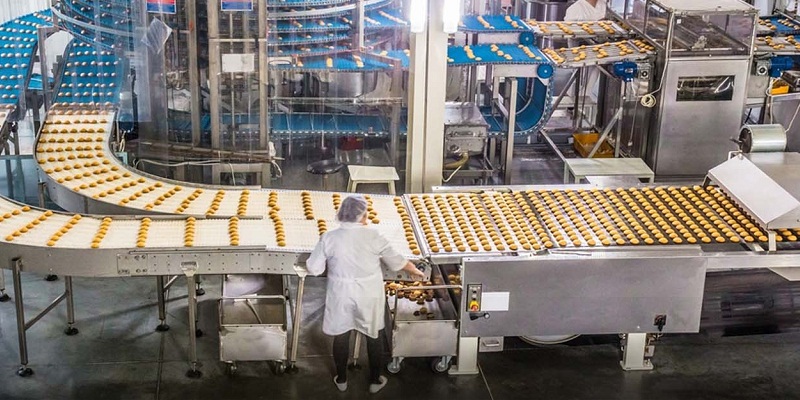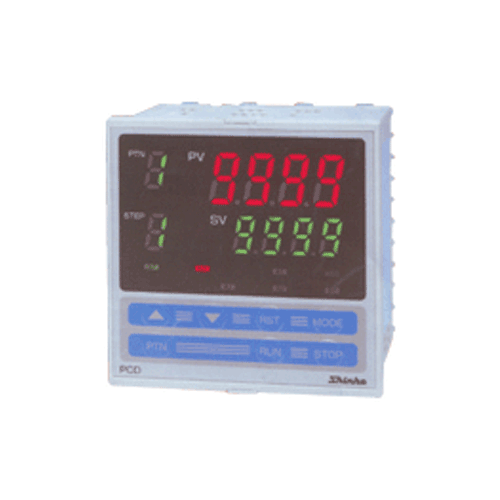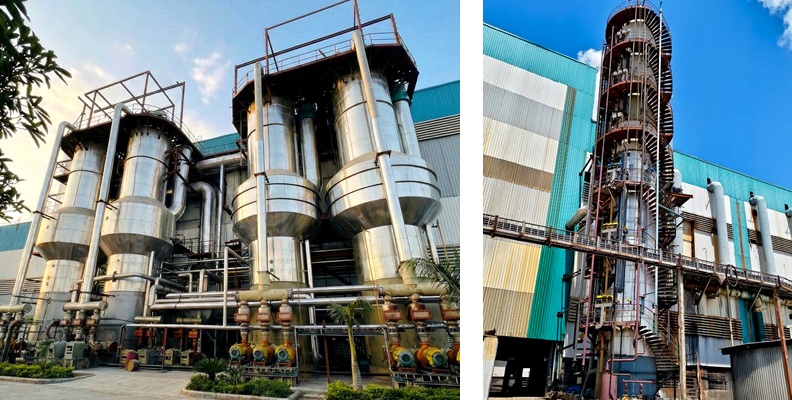Schedule a Call Back
Food processing labour shortages drive packaging automation
 Articles
Articles- Apr 07,23

Related Stories

Bharat Forge and Agile Robots sign MoU to Advance AI-Led Industrial Automation
The MoU brings together Bharat Forge’s manufacturing expertise and Germany-based Agile Robots’ AI-led robotics capabilities to accelerate intelligent automation across key civilian industrial se..
Read more
How is AI shaping the future of cement milling?
AI is transforming cement milling by enabling dynamic, data-driven control that improves energy efficiency, stabilises throughput and enhances asset reliability. By leveraging real-time data, predic..
Read more
Firstsource Named Leader in Banking Operations by Everest Group
Recognition highlights GenAI-led banking operations expertise
Read moreRelated Products

Programmable Controllers - Pcd-33a Series
Pro-Med Instruments (P) Ltd offers a wide range of programmable controllers - PCD-33A Series.

Gasket Graphite Powder
Arihant Packing & Gasket Company offers a wide range of gasket graphite powder.
Asahi Kasei expands 3D printing filament sales in North America
Asahi Kasei, a leading resin and compounding technology provider, has initiated the sales of 3D printing (3DP) filaments in North America through Asahi Kasei Plastics North America (APNA). The soft la Read more














